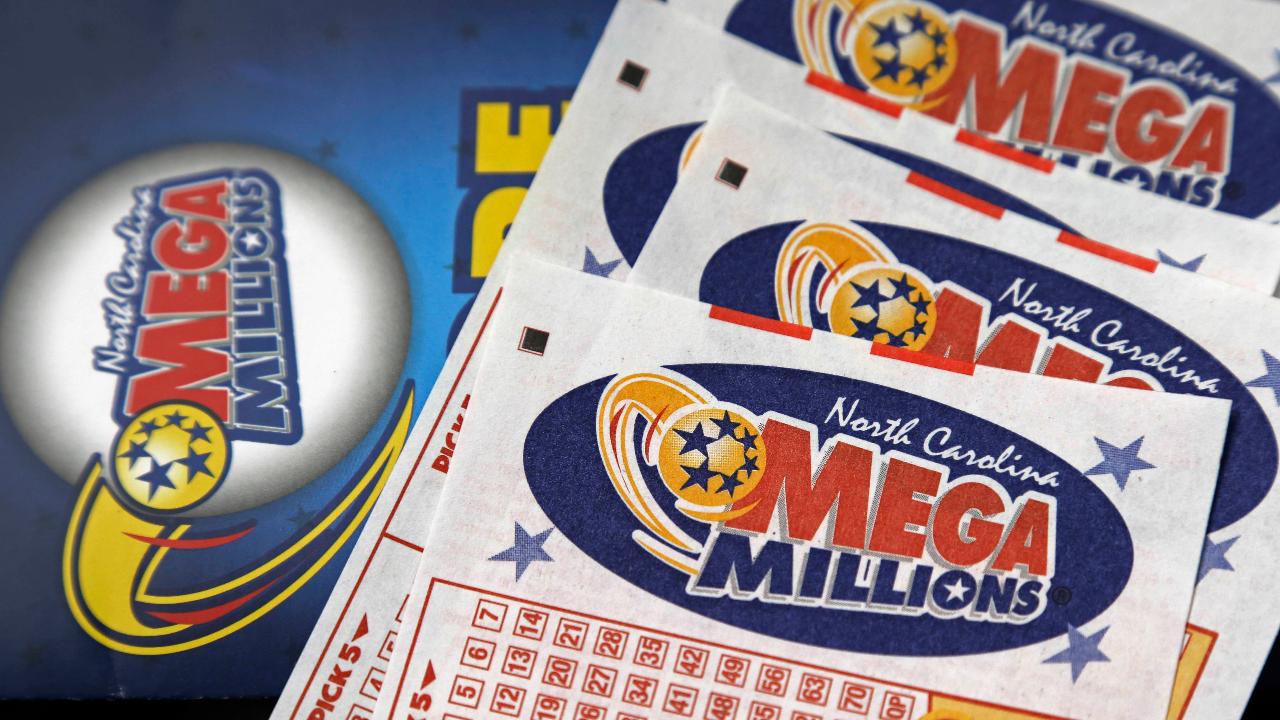Lottery jackpot winners face big IRS tab
It's official: Two lucky lotto players will be celebrating their new riches on Sunday.
Two tickets matching the winning Powerball jackpot numbers were sold in New York and Iowa, and are each worth $343.9 million, or $198.1 million in cash (making the combined prize $687.8 million, or a $396.2 million one-time cash option). The jackpot was the fourth largest in U.S. lottery history.
The winning numbers drawn Saturday were: 8, 12, 13, 19, 27. The Powerball was 4. This comes just days after a single winner took home the $1.537 billion Mega Millions jackpot.
If you were lucky enough to win the big prize, the IRS is going to come for you. While winners won’t get the awards at full value, they still stand to collect a sizable chunk of change.
Here’s how taxes will work:
The jackpots will be subject to federal withholding, which is an immediate 24 percent before the winner ever receives a cent. Some states also impose a withholding tax, Clarence G. Kehoe, CPA and partner at public accounting firm Anchin, Block & Anchin, told FOX Business.
The IRS will also tax the winnings at the highest federal income bracket, which now sits at 37 percent for individuals with incomes in excess of $500,000. You would owe any difference left over between that tax rate (37 percent) and the federal withholding rate (24 percent) when you file your tax return at the end of the year, K. Eli Akhavan, partner and chair of the Private Client and Wealth Preservation Group at CKR Law, told FOX Business.
The winnings will also be subject to state tax rates, which vary between 0 and 8.82 percent, depending on your state of residence.
If you take the lump sum, for example, you start off with about $904 million. The federal withholding tax reduces that by about $217 million, while the extra 13 percent hit brings the total down by another $117.5 million. Further, you can owe anywhere from $0 to $80 million in state income taxes.
In total you are likely to actually receive anywhere between $489 million and $569 million, Akhavan said.
Winnings are not subject to the 3.8 percent net investment income tax.
If you plan on giving money away, under current law you are allowed to give up to $15,000 to as many people as you want without tax consequences.
Akhavan cautions that winners may also face unexpected financial obstacles and may need further protection.
“If your name is publicly announced as a winner, you have the potential of becoming a high-value target for what may be lawsuits based on frivolous claims (consider business creditors, employees, ex-spouses, sexual harassment claims),” he said. “Asset protection trust planning should be considered to help protect you and your family along with the newfound wealth.”
This story has been updated




















